
Iran’s daily gas output hits 810mcm
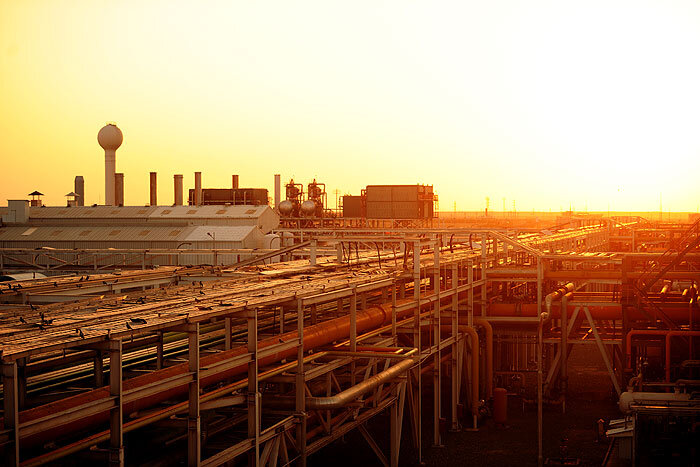
According to Jamshidi, currently with over 39,000 kilometers of high pressure gas pipelines, 82 gas pressure boosting stations, 296 turbo-compressors and other gas facilities, Iranian gas network is Asia’s biggest and the world's fourth largest network in terms of facilities.
The official noted that gas supply chain is comprised of three main sections of production, transmission and distribution, adding that uninterrupted supply of gas requires operational coordination between these three sections and that is the main responsibility of NIGC’s dispatching center.
In January, the NIGC’s managing director had announced that daily production of gas in the country reached 800 mcm.
Hassan Montazer Torbati also said that of the total produced gas, some 25 percent goes to household consumption, 37 percent is supplied to the power plants, 30 percent is used in the industry sector, four percent used as CNG and four percent is for other consumptions.
The official noted that household subscribers used about 90 percent of the gas produced in the country some years ago, but in the recent years, especially since the Iranian calendar year 1380 (March 2001-March 2002) while most areas of Iran have been supplied with the natural gas, the country has turned some part of its approach in gas sector toward exports and also supplying feedstock to the petrochemical units.
According to the official 93.6 percent of Iran’s population enjoy natural gas. Gas is supplied to 97 percent of people in the urban areas and 82 percent of people in the rural regions.

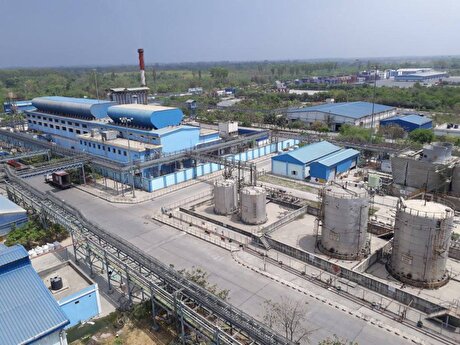
Hindustan Zinc to invest $438 million to build reprocessing plant

Gold price edges up as market awaits Fed minutes, Powell speech

Glencore trader who led ill-fated battery recycling push to exit

UBS lifts 2026 gold forecasts on US macro risks

Roshel, Swebor partner to produce ballistic-grade steel in Canada

Iron ore price dips on China blast furnace cuts, US trade restrictions

Emirates Global Aluminium unit to exit Guinea after mine seized
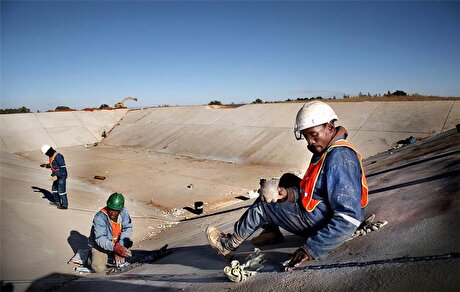
South Africa mining lobby gives draft law feedback with concerns

EverMetal launches US-based critical metals recycling platform

Barrick’s Reko Diq in line for $410M ADB backing

Gold price gains 1% as Powell gives dovish signal

Electra converts debt, launches $30M raise to jumpstart stalled cobalt refinery

Gold boom drives rising costs for Aussie producers
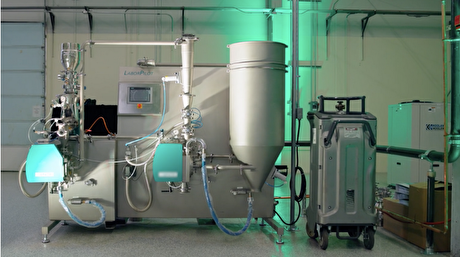
Vulcan Elements enters US rare earth magnet manufacturing race

Trump raises stakes over Resolution Copper project with BHP, Rio Tinto CEOs at White House
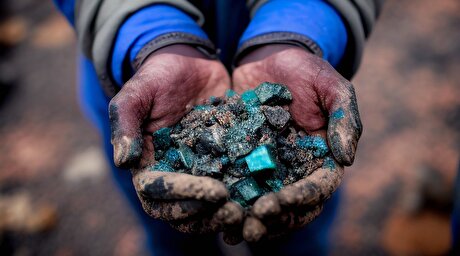
US seeks to stockpile cobalt for first time in decades

Trump weighs using $2 billion in CHIPS Act funding for critical minerals

Nevada army depot to serve as base for first US strategic minerals stockpile

Emirates Global Aluminium unit to exit Guinea after mine seized

Barrick’s Reko Diq in line for $410M ADB backing

Gold price gains 1% as Powell gives dovish signal

Electra converts debt, launches $30M raise to jumpstart stalled cobalt refinery

Gold boom drives rising costs for Aussie producers

Vulcan Elements enters US rare earth magnet manufacturing race

US seeks to stockpile cobalt for first time in decades

Trump weighs using $2 billion in CHIPS Act funding for critical minerals

Nevada army depot to serve as base for first US strategic minerals stockpile

Tailings could meet much of US critical mineral demand – study
















